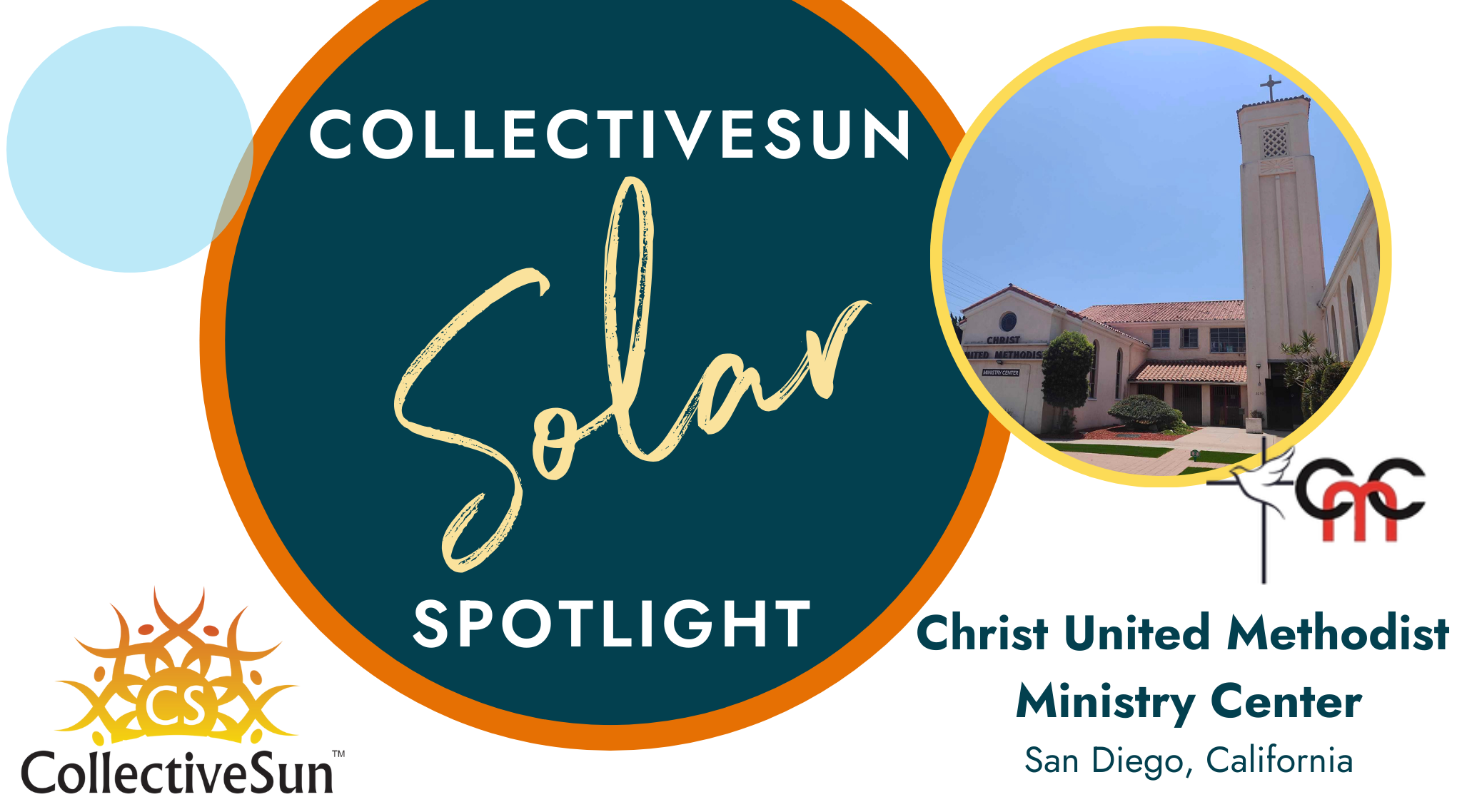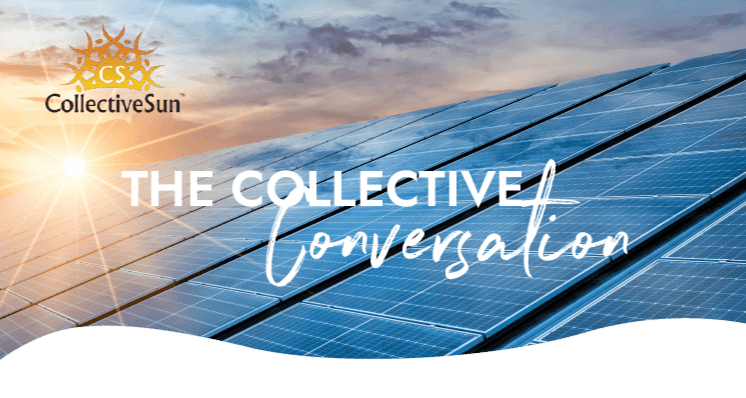
Everyone loves solar: it’s clean energy! Something to feel good about! But, for nonprofits, it’s not always as easy as getting a grant and putting up some panels.
There are myriad issues nonprofits should consider, each with their own factors and complexities, but all of the following are typically part of the conversation:
- Financial suitability
- Affordable financing
- Vetting contractor bids
- Construction processes
- Mission suitability
For nonprofits, the process of moving to solar (which has tax breaks for for-profit companies) can be fairly complex. But CollectiveSun – one of the few organizations out there specializing in solar for nonprofits – can help you effectively navigate these issues and more. (Contact us to start the conversation!)
FINANCIAL SUITABILITY
Before you begin, you should first determine if you should begin. Everyone may want solar, but – when it comes to nonprofit organizations – there are sometimes issues we’ll lump under “financial suitability.”
For nonprofits, there are several key issues. Firstly, building ownership. Solar is a long-term asset, so you’ll want to either be the building owner or have a long-term lease. And within your facility or facilities, you’ll have to consider location: Is there a parking lot or carport where panels can be installed? Rooftop space? Age of roof? Topographic elements (surrounding trees or buildings) that may hinder solar productivity?
Another factor to weigh is whether or not going solar makes sense economically given the rate structure of your utility company and your onsite usage profile. In our years of serving nonprofits, we’ve seen that solar typically makes sense when an organization’s utility expenses are greater than $20,000 per year. (Contact us and we can run the numbers for you.)
Additionally, there may be future energy needs to consider if your organization plans to make any changes that impact electricity usage, such as adding new activities like expanded hours or more energy-intensive operations.
SOLAR FINANCING FOR NONPROFITS
For-profit companies enjoy financial incentives for going solar, such as a 26% federal investment tax credit (ITC).
But what about nonprofits, which often lack the funding to install a solar energy system, or cannot access incentives like ITC due to their status as a 501(c)(3) or other tax-exempt entity? What else is out there?
The answer is… a LOT. There are solar grants, loans, leases, Power Purchase Agreements, and more. There is even a path to accessing that tax credit enjoyed by for-profit entities.
You can start right here, with CollectiveSun, and our Solar Power Agreement (SPA), a unique financing model that effectively monetizes the ITC and passes you a discount of 12% or more on the cost of your solar system.
Additionally, CollectiveSun can assist with understanding, vetting, and selecting financing options for the whole project. We can connect you to nonprofit specialty lenders, a Property-Assessed Clean Energy (PACE) loan, crowdlending, values-aligned investors, and more.
Finally, for qualifying nonprofits, CollectiveSun is able to offer 100% financing through the SunForAll Solar Fund, a funding mechanism created in partnership with impact investors consisting of a low-interest loan and the aforementioned tax benefits.
VETTING CONTRACTOR BIDS
Solar contracting bids can be complicated, but we’re here to help you through it. What is the optimal system size for your roof? Should you put carports in the parking lot? Would ground-mounted solar work? What kind of equipment is best? Should you be considering battery storage? Are the savings estimates provided by the installer reasonable? We can help you answer these questions and more in order to help you make sense of the proposals submitted by contractors or help you secure bids from contractors if needed.
CONSTRUCTION PROCESS
Solar installation is a construction trade and entails all of the complexities of any construction project. What happens if an installer isn’t completing milestones on time? What if they become unresponsive during construction? How do you know if the construction process delays are legitimate? What if an installer demands more money to complete a project? How do you know if those additional charges are reasonable or not? CollectiveSun has dedicated project managers to help keep your project on track and verify installer billing.
Upon completion of construction, CollectiveSun performs a robust commissioning process to ensure that the system has been built according to plan. How do you know that the right panels and inverters were actually utilized? How do you know that equipment was installed correctly? How do you know that it’s performing properly and generating the expected amount of power? We check and double-check. CollectiveSun is there to help make sure the project gets built right.
MISSION VIABILITY
Don’t worry: this “issue” is a fun one. Most nonprofits are mission-driven, and there are very few (we can’t think of any, frankly) for which going solar would be “off-brand.” And it almost always makes for a great story to share with your community.
Solar makes sense financially, too, as solar energy decreases operational costs, freeing up funds that can be redirected to your mission-related work. Depending on factors such as system size and location, a system can generate hundreds of thousands of dollars in savings during its lifetime and can also help protect you against escalating electricity rates.
Going solar also decreases your organization’s carbon footprint by replacing emissions from coal or natural gas-based electricity with clean energy. Reducing fossil fuel consumption enhances the health of both your local community and that of the greater ecosystem. It also helps reduce the nation’s reliance on foreign energy and supports the creation of green jobs.
For most nonprofits, going solar is a win-win-win: it helps them save money, helps them go green, and helps them makes the world a better and cleaner place.






